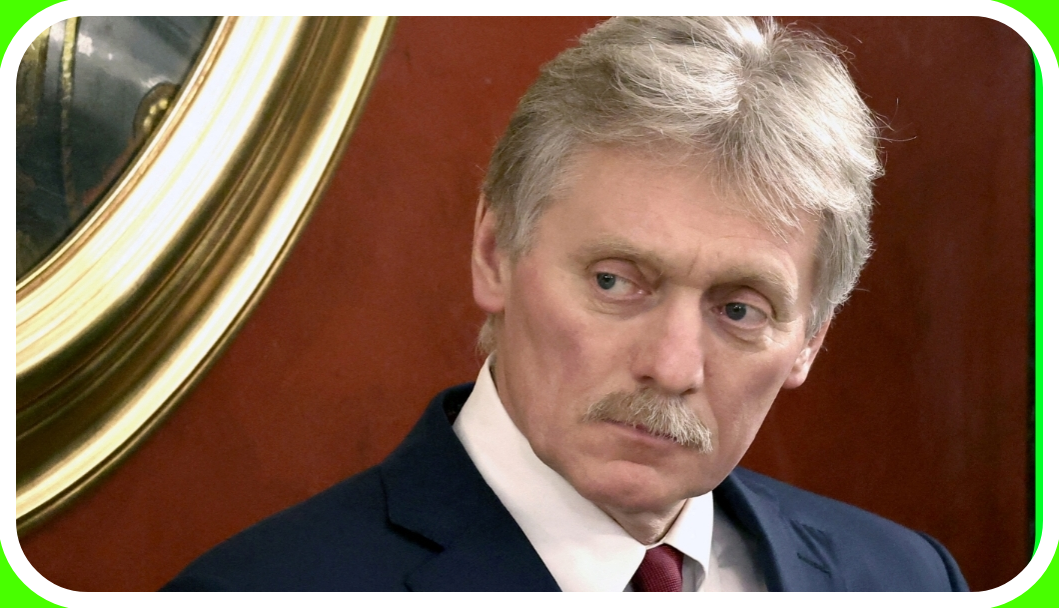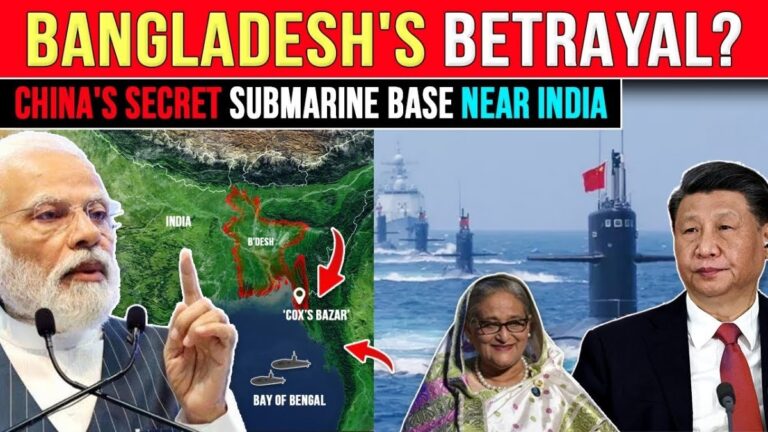In the complex realm of international relations, the dialogue between major powers often shapes the trajectory of global security. Recently, Russia underscored strategic security issues, particularly those concerning space-based weaponry, as the focal point for potential dialogue with the United States. This declaration comes amid escalating tensions and diverging interests between the two nations, prompting a critical reevaluation of arms control and diplomatic engagement.
The United States intends to table a resolution at the United Nations Security Council aimed at prohibiting the deployment of nuclear weapons in space. This initiative follows assertions from US sources regarding fresh intelligence on Russia’s nuclear capabilities and purported efforts to develop space-based armaments—a claim vehemently refuted by Moscow. Dmitry Peskov, the Kremlin spokesman, emphasized that strategic security, encompassing space affairs, stands as the primary arena for potential dialogue between Russia and the US.
The bilateral relationship between Russia and the US has witnessed a downward spiral, characterized by what the Kremlin has termed as reaching “below zero” levels. The catalyst for this deterioration can be traced back to Russia’s military intervention in Ukraine in 2022, coupled with increased American support to Kyiv in terms of aid, weaponry, training, and intelligence. Such developments have amplified mutual distrust and heightened geopolitical tensions, necessitating a reassessment of diplomatic channels and conflict resolution mechanisms.
Both Russia and the United States, as formidable nuclear powers, have expressed lament over the erosion of arms control treaties designed to mitigate the Cold War-era arms race and mitigate the risks of nuclear confrontation. With the impending expiration of the last remaining treaty regulating strategic nuclear warheads in 2026, the urgency of reviving meaningful dialogue on arms control becomes palpable. However, President Vladimir Putin has underscored Moscow’s insistence on discussing arms control within a broader framework that addresses Russia’s security concerns, including NATO enlargement and Western support for Ukraine.
Putin’s stance reflects Russia’s apprehensions regarding NATO’s eastward expansion and the potential encroachment on its strategic interests. The specter of NATO’s presence near Russia’s borders evokes memories of historical grievances and exacerbates Moscow’s sense of vulnerability. Additionally, the Western backing of Ukraine, viewed by Russia as its sphere of influence, represents a contentious flashpoint in Russia-US relations. The annexation of Crimea by Russia and the subsequent conflict in Eastern Ukraine underscore the competing geopolitical aspirations and security calculations of both nations.
Furthermore, the domain of space has emerged as a new frontier for geopolitical competition and military assertiveness. The militarization of space, epitomized by the development of anti-satellite weapons and space-based platforms, underscores the evolving nature of security threats in the 21st century. Both Russia and the United States possess advanced space capabilities and are cognizant of the strategic advantages conferred by space dominance. Consequently, efforts to regulate space-based weaponry and prevent the weaponization of outer space assume paramount significance in safeguarding global stability and preventing an arms race beyond Earth’s atmosphere.
Amidst the complexities and uncertainties of contemporary geopolitics, the imperative for dialogue and diplomatic engagement cannot be overstated. Despite divergent interests and historical animosities, Russia and the United States share a collective responsibility for upholding global security and averting catastrophic conflicts. Addressing strategic security concerns, including arms control and space militarization, necessitates sustained dialogue, mutual trust-building, and a commitment to cooperative multilateralism.



















